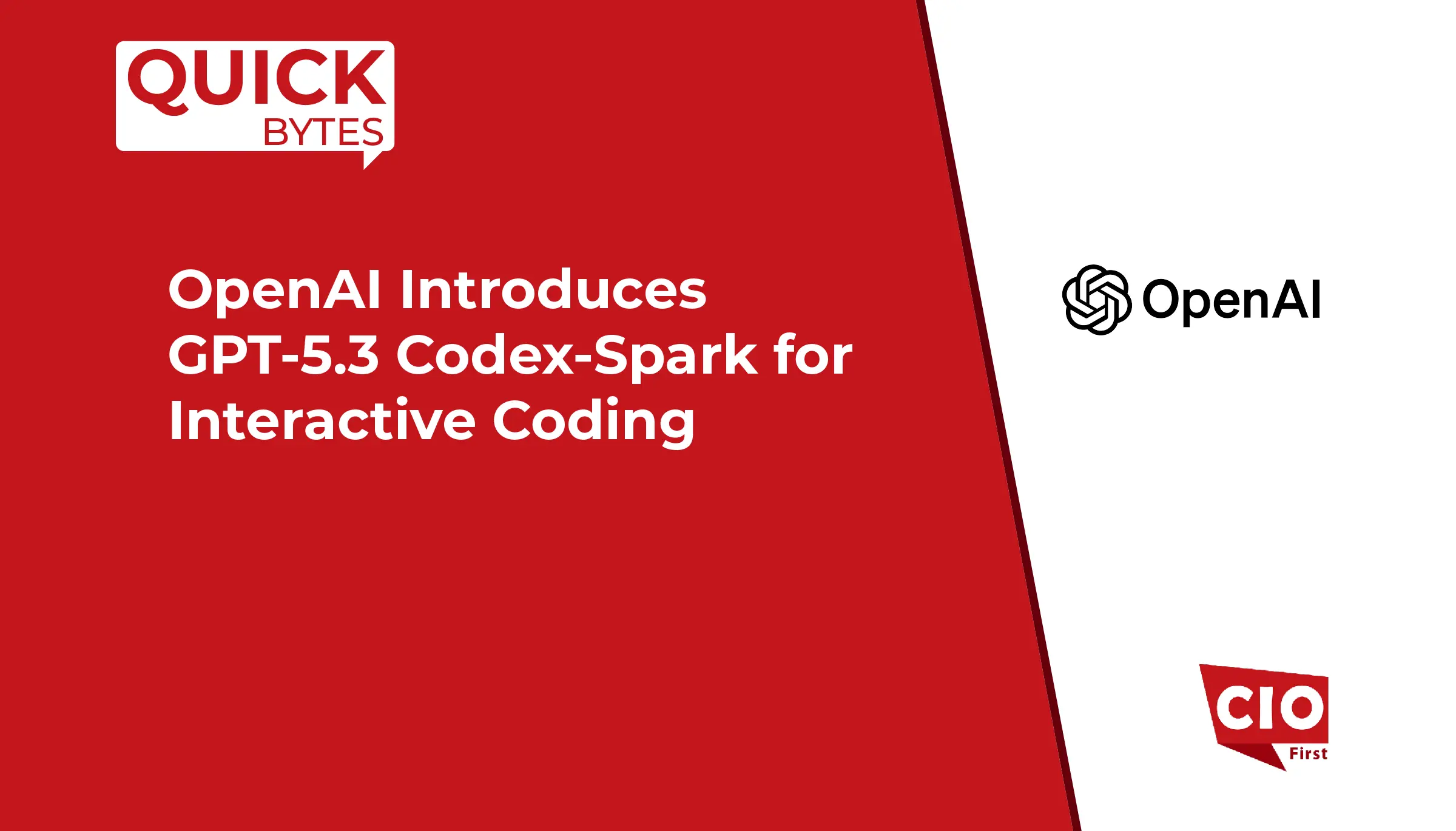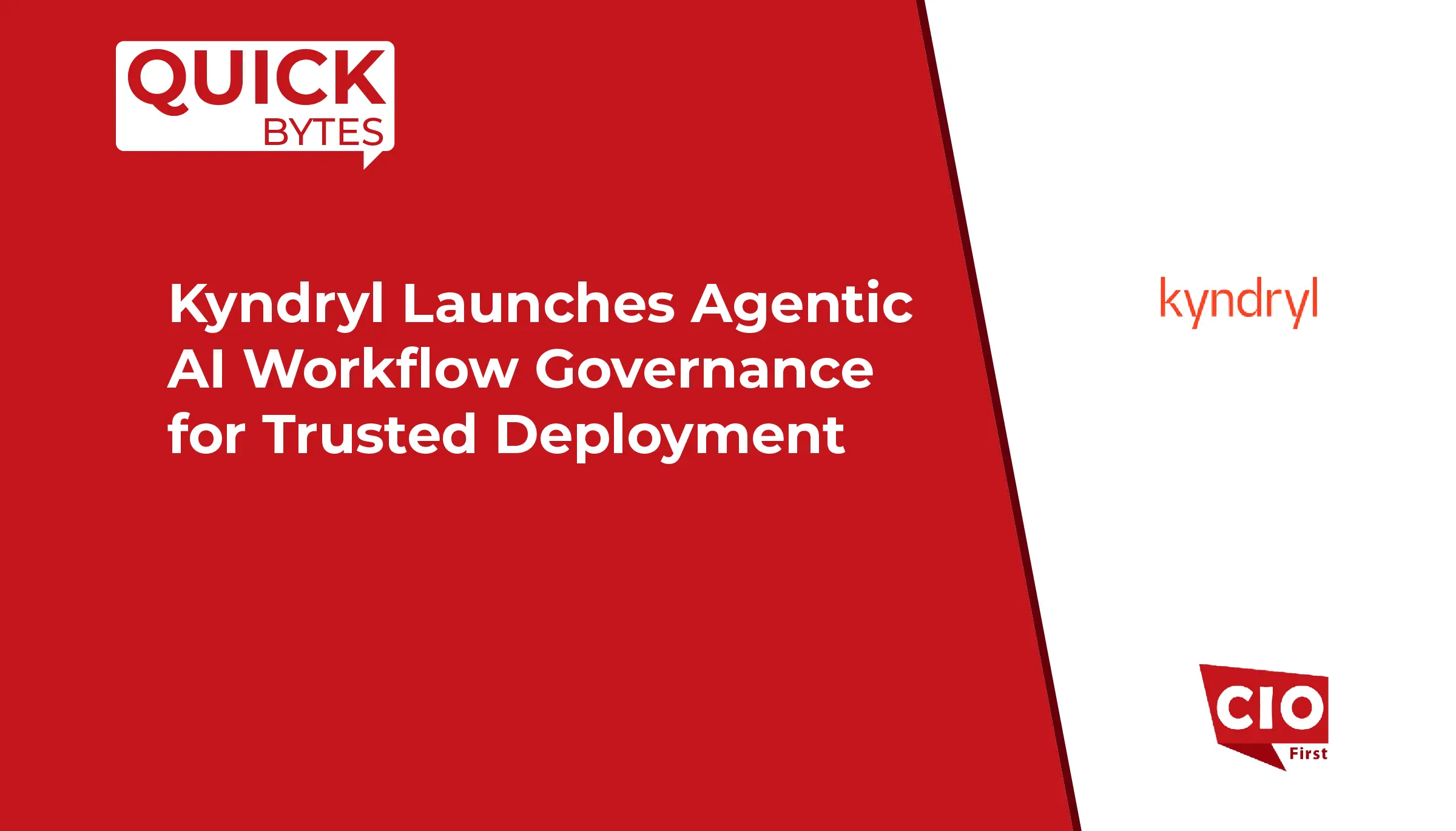ProsperOps, the leading FinOps automation platform, announced general availability of Autonomous Discount Management (ADM) for RDS, ElastiCache, MemoryDB, Redshift, and OpenSearch products, expanding its platform offerings on AWS. ProsperOps has been fine-tuning the offering based on feedback from initial users since Early Access launched last November.
While EC2 is often the largest line item on an AWS bill, RDS generally ranks #2. Other AWS data and analytics services, Redshift, OpenSearch, ElastiCache, and MemoryDB, also have meaningful spend. To reduce costs without rearchitecting, organizations turn to Reserved Instances (RIs), a type of commitment-based discount, to lower their cloud spend.
However, managing RIs is time-consuming and risky. FinOps teams must closely align RIs to resources by match key (region, instance type, platform, and size combinations). RIs are also immutable. If usage drops, FinOps teams run the risk of wasting spend and paying for unutilized or only partially utilized RIs, or worse, increasing instead of decreasing their cloud costs.
Through ProsperOps automated Reserved Instance management, organizations seamlessly optimize their cost savings while managing commitment lock-in risk without ongoing management overhead. Customers are already seeing the benefits of this new offering.
“ProsperOps saves Drift a ton of money, and my team a ton of time on reservations management, so when they offered to take over RDS reservations, it was a no brainer – better reservation coverage, more savings, and less effort!” said Matt Jackson, SRE Manager at Drift, a Salesloft company.
Benefits of ProsperOps ADM:
- Intelligent risk mitigation with Adaptive Laddering™ — ProsperOps algorithms distribute Reserved Instance purchases over time to safely increase coverage and derisk from overcommitment. This creates a staggered ladder where some portion of commitment continually expires. For example, if usage drops, ProsperOps stops purchasing RIs, allowing some of them to expire until commitments align with usage. ProsperOps continually watches usage patterns and intelligently adapts ladder rung frequency and size. Over time, RI coverage stays consistently high, and an ongoing pattern of expirations creates flexibility that wouldn’t exist otherwise.
- Time, effort, and resources saved — The platform automates away the time-consuming, error-prone process of managing RIs by concurrently optimizing hundreds of Adaptive Ladders at scale. Users configure a handful of settings upfront, and ProsperOps takes over. ProsperOps systems continuously adapt RIs to dynamic usage patterns, so that FinOps teams can focus on other activities that further cloud financial outcomes for their organization.
- Automation with control — ProsperOps algorithms operate within established constraints via control settings. Organizations can selectively disable match keys, establish vacate dates in anticipation of fully exiting match keys, and set coverage bounds. The Adaptive Laddering algorithms adjust accordingly based on these settings.
ProsperOps also provides a comprehensive set of dashboards, which surface key metrics, including Effective Savings Rate, cost savings and RI coverage trends, incremental savings, and lifetime savings, allowing stakeholders to visualize their benefits. Additionally, the console has enhanced metrics and visualizations to show commitment lock-in risk.
“The ProsperOps platform offers an efficient way to save on cloud spend. Today’s announcement brings that immense cost-saving potential to a host of additional AWS services,” said Erik Carlin, Co-Founder and Chief Product Officer of ProsperOps. “With these new product launches, organizations can have Reserved Instances automatically managed, achieving greater savings with less risk, all without the drudgery of traditional manual processes.”
SOURCE: PRNewsWire

























